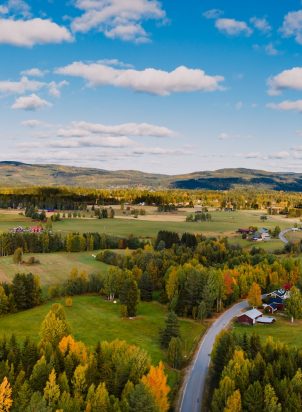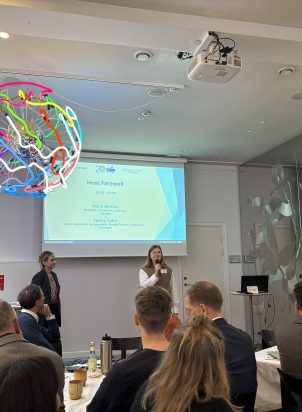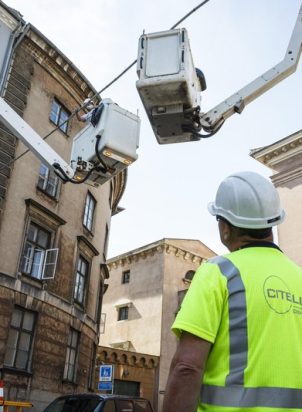A group of local politicians and planners from the Arctic and North Atlantic as well as researchers from Nordregio and a number of other Nordic research institutions will be in Qaqortoq from 8-12 September to discuss local planning and development.

The visit takes place in connection with the EU funded REGINA project, that aims to assist remote communities with a resource based economy enhance development and innovation. The REGINA project builds on the concept of smart specialization strategies used widely in the EU in connection with regional development. But the project adds a local focus on smaller towns and areas, rather than larger regions.
Smart specialisation is expected to strengthen regional development in Europe and increase innovation, investments and jobs based on local capabilities and assets. But is the smart specialisation concept also applicable for communities in remote and sparsely populated areas in the Arctic?
Can a local smart specialisation approach help smaller communities that often have less capacity to mobilise resources for strategic planning? The REGINA project provides a laboratory of five northern communities to explore the issue, including Kujalleq municipality in Greenland.
The visit to Kujalleq will include study tours to small scale fisheries and other local companies and participants will discuss entrepreneurship and SME development. The trip will also focus on vulnerable groups in the local community as well as employment education and training.





